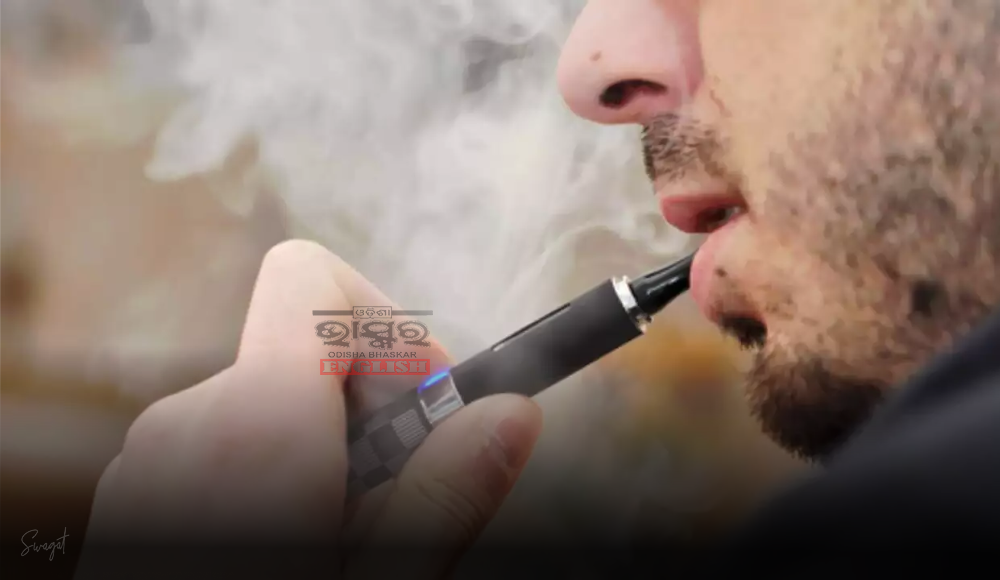London: The World Health Organization (WHO) has strongly recommended that governments treat e-cigarettes on par with traditional tobacco products, advocating for a ban on all flavours. This stance poses a challenge to cigarette companies banking on smoking alternatives.
While some view e-cigarettes, or vapes, as a crucial tool in reducing smoking-related deaths and diseases, the UN agency emphasized the need for “urgent measures” to control their use. The WHO cited insufficient evidence supporting the efficacy of vapes in smoking cessation, health concerns, and the potential for nicotine addiction, particularly among youth.
Highlighting a concerning trend, the WHO noted that more 13 to 15-year-olds are using vapes than adults in all regions assisted by aggressive marketing strategies. WHO Director-General Tedros Adhanom Ghebreyesus expressed concern over the recruitment of children into e-cigarette use, emphasizing the risk of nicotine addiction.
The WHO proposed comprehensive changes, including bans on all flavouring agents, such as menthol, and the application of tobacco control measures to vapes. These measures encompass high taxes and restrictions on use in public spaces.
While the WHO lacks direct authority over national regulations, its recommendations are often voluntarily adopted. The organization, along with other anti-tobacco groups, is advocating for stricter regulations on newer nicotine products. This effort targets alternatives crucial to the future strategies of major cigarette companies like Philip Morris International and British American Tobacco.
The tobacco industry contends that vapes present lower health risks than traditional tobacco, asserting their potential to mitigate harm. Some argue that flavours and lower prices are essential in encouraging smokers to switch, a viewpoint shared by certain tobacco control advocates.




Comments are closed.